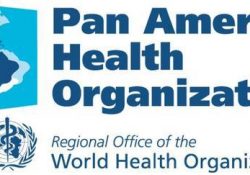2009: PAHO dispute over standards for transparency of economic data for pharmaceutical industry
Today the executive board of the Pan American Health Organization (PAHO) is considering a proposal to have more transparency of the economics of the pharmaceutical industry. (I have separately blogged about this on the Huffpo). Specifically, an amendment offered to a PAHO EB resolution on research, proposed the following:

